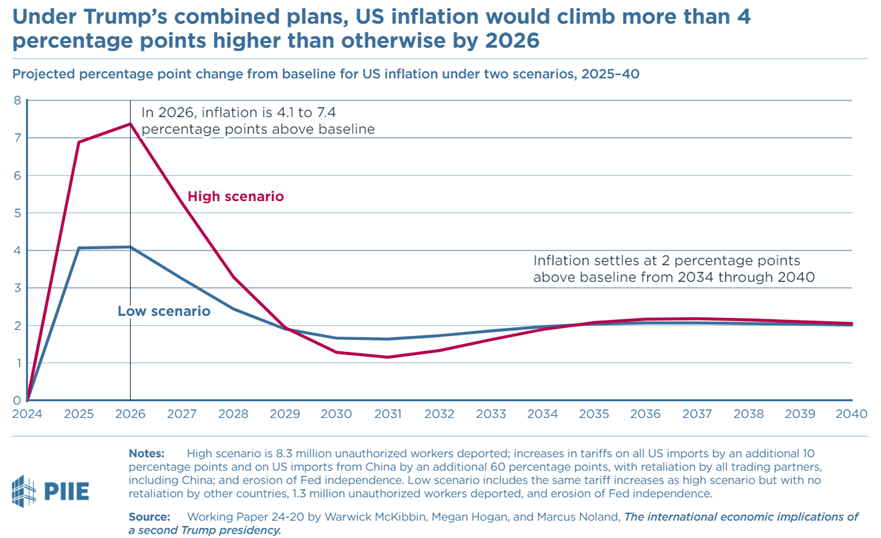
Turkey has no plans for an additional tax package this year, according to Vice President Cevdet Yilmaz, who ruled out any levies on stock trading or cryptocurrency profits.
“We don’t have a stocks tax on our agenda. It was discussed previously and fell from our agenda,” Yilmaz told Bloomberg. He added that officials are focusing on “narrowing” tax exemptions moving forward.
For those unfamiliar with crypto gains and taxes, profits made from trading assets like Bitcoin or stocks are typically subject to taxation in many countries, similar to regular income. However, Turkey has opted not to tax these gains at this time.
Earlier this year, initial plans to tax stock market gains — a popular tool for retail investors to hedge against inflation — created pressure on equities. In June, Treasury and Finance Minister Mehmet Simsek announced that the proposal would be “re-evaluated” after public backlash.
The decision not to tax these markets contrasts with approaches in other countries. For instance, India maintained its 1% cryptocurrency tax for the 2024/25 budget, despite calls from the industry to lower rates. This policy, introduced in 2022, led to a significant drop in crypto trading volumes. Meanwhile, countries like the UK and Japan are still evaluating how best to tax and regulate digital assets.
Yilmaz’s latest comments are expected to reassure stock investors, with trading on Turkey’s main stock exchange having dropped to $2.3 billion in the last month, down from over $4 billion earlier this year, according to Bloomberg data.
Restoring public finances is a key part of Turkey’s economic plan to reduce inflation to single digits from the current 52% over the next three years. Investors are anticipating further government efforts to curb spending and address the budget deficit, which expanded last year due to the impact of earthquakes and pre-election spending. Yilmaz also noted a “serious improvement” in the ratio of public spending to national income, reflecting the government’s commitment to fiscal discipline.
Turkey’s decision to hold off on taxing crypto and stock profits provides a window of stability for investors and sets the stage for further developments in the country’s evolving economic policies.










